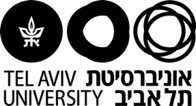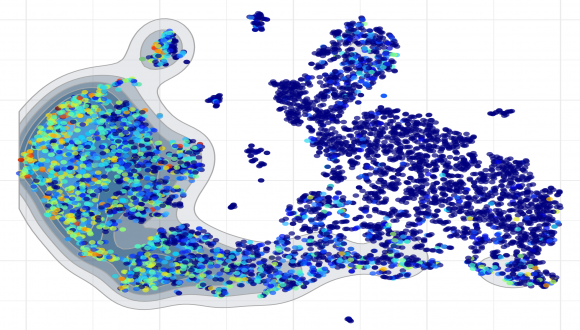Online Symposium: Single Cell Analysis from Development to Disease
Single Cell Analysis is transforming many areas of biological research. We are organizing a Minerva-Gentner Symposium that encompasses questions spanning human development, health and disease, and their study using new single-cell resolution approaches. Cell populations are highly heterogeneous. Therefore, in order to decipher physiology and pathology, we need to dissect the genomic, transcriptomic, proteomic and metabolomic states of single cells rather than the average of a population of cells. The powerful combination of quantitative in-depth transcriptome analysis of a large number of individual cells, in conjugation with information about their proteomic, lipidomic and metabolic profiles, as well as spatial organization, is a key determinant in understanding cellular fate and behavior. Through many applications, including single cell genome sequencing, single cell transcriptomics, and single cell epigenetic profiling approaches, the genetic and functional properties of individual cells can be characterized in their native conditions, resulting in a deeper understanding of a wide spectrum of research fields such as health, biomedicine, biotechnology, systems biology, food security and agriculture. These groundbreaking approaches are already transforming research and will add to our ability to understand human diseases, including cancer, neurodegenerative, inflammatory and sensory diseases.
Organizers
Karen B. Avraham, Faculty of Medicine, Tel Aviv University, Tel Aviv
Omri Wurtzel, Faculty of Life Sciences, Tel Aviv University, Tel Aviv
Nikolaus Rajewsky, Max Delbrück Center for Molecular Medicine, Berlin
Barbara Treutlein, Max Planck Institute for Evolutionary Anthropology, Leipzig
For questions:
The Single Cell Genomics Core





